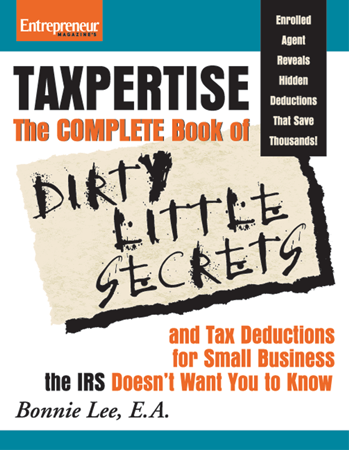Please note: I am neither endorsing or denouncing any Presidential candidate. I am simply attempting to explain the implications of their promises about tax reform.
Donald Trump has sketched out a tax plan that he promises “will reduce taxes for everyone.” Individual rates will be trimmed to three brackets: 12%, 25%, and 33% replacing the seven current rates of 10%, 15%, 25%, 28%, 33%, and 39.6%. According to his plan, those in the lowest bracket will pay an additional 2 points or 20% while those in the highest bracket will enjoy a reduction of 6.6 points or a decrease of 18%. This is hardly a reduction “for everyone.” It appears the top one percent will benefit rather than those in the middle or lower income levels.
At the top of the list was the eye-catching promise to reduce corporate rates to 15%. Interesting. Only three points higher than the projected lowest rate for low income individuals. And the same basic rate (although thanks to Obama it could be at 20% depending on various factors) for capital gains. Capital gains tax is levied on stock and other asset profits, interest, and dividends, which is the main form of income for the wealthy. This is why Romney as well as many others in the top one percent enjoy an effective tax rate of only 13.6%.
Hardly seems fair does it?
Well, Trump believes a 15% corporate tax rate will stimulate the economy. Trickle down and all that. But historically, tax breaks for big business have only increased the gap between the top one percent and the lower income classes. Think about it; are you feeling the trickle down?
‘Stimulating investment’ by lowering taxes for the wealthy is the mantra of the wealthy. Does anyone really buy this? I’m no economist, just a lowly tax professional, but c’mon, common sense dictates that tax considerations are not the chief motivating factor in making investment decisions. The primary consideration is “Am I going to make money off this venture?” Tax implications come into play only when projecting net gain or loss. Let’s face it; the rich will always be investors. The tax rate is not the end-all for making that choice. What else are they going to do with their money? Sit on it? Only a few eccentrics will choose to hide their money in a mattress or stick it in a low paying bank account. The rest will play the stock market, develop real estate, buy bonds, become part of the Shark Tank, going for the bigger returns. If these investors make a hundred thousand dollar profit, they will pay taxes on it. Why should they enjoy paying a mere 15% on that profit while every other American making the same amount or less working for the man pays their taxes at a much higher rate?
Ultimately, it is Congress, not the President that determines changes to or creation of tax law.
Perhaps Congress should consider eliminating the capital gains tax rate and charge those profits according to the tax brackets for ordinary income. Perhaps they should leave corporate taxes at a max rate of 35% and get rid of corporate loopholes that allow larger corporations to pay zero. And maybe Congress should lower the tax rates for the middle class who seem to bear the brunt of the tax obligation. Maybe it should be our turn. Shall we call it the “trickle up” effect?




I found the article to be well-written and easy to understand. I often wonder if any genuine tax reform will ever occur in this country. Seems necessary to me. I am curious about the pros and cons (and impact) of a flat tax. One thing I am clear on is I resent the wealthy paying less than I do. Keep up the good work.